We have no more right to consume happiness without producing it than to consume wealth without producing it
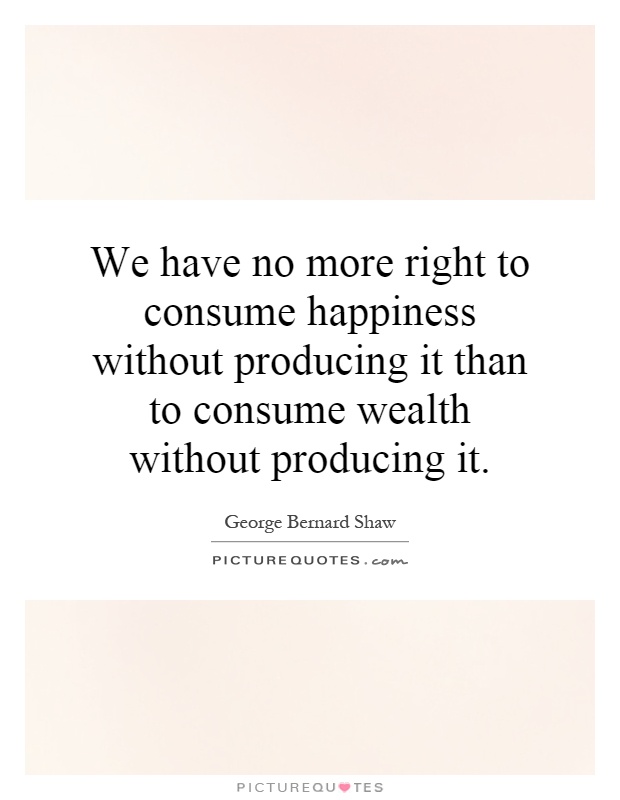
We have no more right to consume happiness without producing it than to consume wealth without producing it
George Bernard Shaw, the renowned Irish playwright and critic, was a firm believer in the idea that individuals should not be able to consume happiness without first producing it. In his view, happiness is not something that can be passively obtained or acquired; rather, it is something that must be actively created and cultivated through one's own efforts and actions. This sentiment is reflected in his famous quote, "We have no more right to consume happiness without producing it than to consume wealth without producing it."Shaw's philosophy on happiness can be seen as a call to action for individuals to take responsibility for their own well-being and fulfillment. He believed that true happiness comes from within, and that it is the result of living a purposeful and meaningful life. In Shaw's eyes, happiness is not something that can be bought or acquired through external means; rather, it is something that must be earned through hard work, perseverance, and self-improvement.
Shaw's emphasis on the importance of producing happiness rather than simply consuming it can be seen as a critique of the consumerist culture that was beginning to emerge during his time. He believed that true happiness could not be found in material possessions or external pleasures, but rather in the pursuit of personal growth, self-discovery, and the fulfillment of one's potential.
Furthermore, Shaw's quote can also be interpreted as a commentary on the nature of wealth and success. Just as individuals should not be able to consume wealth without first producing it through their own efforts and labor, Shaw believed that happiness should also be earned through hard work and dedication. He rejected the idea that happiness could be obtained through shortcuts or quick fixes, and instead advocated for a more holistic and sustainable approach to well-being.
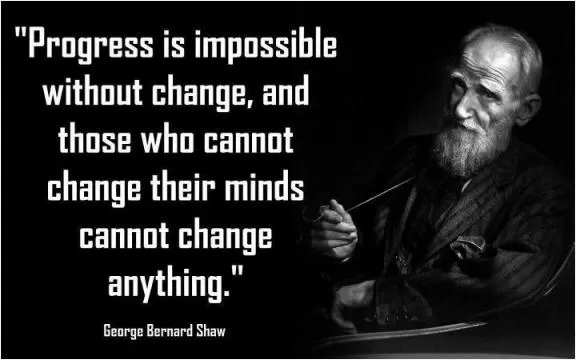

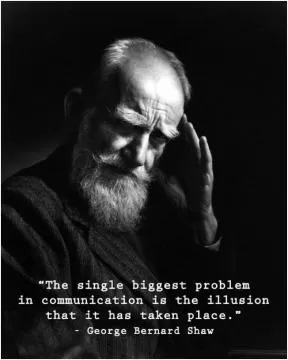
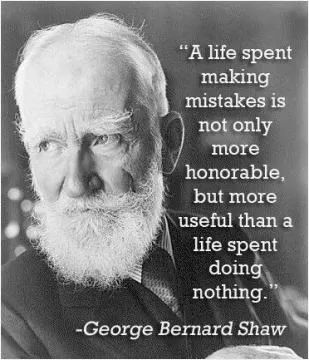

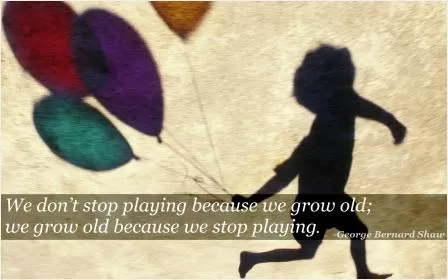






 Friendship Quotes
Friendship Quotes Love Quotes
Love Quotes Life Quotes
Life Quotes Funny Quotes
Funny Quotes Motivational Quotes
Motivational Quotes Inspirational Quotes
Inspirational Quotes